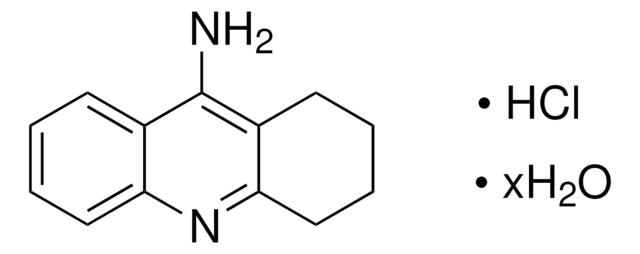D6821
Donepezil hydrochloride
≥98% (HPLC), powder, acetylcholinesterase inhibitor
Synonyme(s) :
1H-Inden-1-one, 2,3-dihydro-5,6-dimethoxy-2-[[1-(phenylmethyl)-4-piperidinyl]methyl]-, hydrochloride, E2020
About This Item
Produits recommandés
Nom du produit
Donepezil hydrochloride, ≥98% (HPLC)
Niveau de qualité
Essai
≥98% (HPLC)
Forme
powder
Conditions de stockage
desiccated
Couleur
white to off-white
Solubilité
DMSO: ≥20 mg/mL
H2O: ≥20 mg/mL
Température de stockage
room temp
Chaîne SMILES
O=C1C(CC2CCN(CC3=CC=CC=C3)CC2)CC4=CC(OC)=C(OC)C=C41.[H]Cl
InChI
1S/C24H29NO3.ClH.H2O/c1-27-22-14-19-13-20(24(26)21(19)15-23(22)28-2)12-17-8-10-25(11-9-17)16-18-6-4-3-5-7-18;;/h3-7,14-15,17,20H,8-13,16H2,1-2H3;1H;1H2
Clé InChI
HLJIZAKUNCTCQX-UHFFFAOYSA-N
Informations sur le gène
human ... ACHE(43)
Vous recherchez des produits similaires ? Visite Guide de comparaison des produits
Application
Actions biochimiques/physiologiques
Caractéristiques et avantages
Mention d'avertissement
Danger
Mentions de danger
Conseils de prudence
Classification des risques
Acute Tox. 2 Oral - Eye Irrit. 2
Code de la classe de stockage
6.1A - Combustible acute toxic Cat. 1 and 2 / very toxic hazardous materials
Classe de danger pour l'eau (WGK)
WGK 3
Point d'éclair (°F)
Not applicable
Point d'éclair (°C)
Not applicable
Faites votre choix parmi les versions les plus récentes :
Déjà en possession de ce produit ?
Retrouvez la documentation relative aux produits que vous avez récemment achetés dans la Bibliothèque de documents.
Les clients ont également consulté
Notre équipe de scientifiques dispose d'une expérience dans tous les secteurs de la recherche, notamment en sciences de la vie, science des matériaux, synthèse chimique, chromatographie, analyse et dans de nombreux autres domaines..
Contacter notre Service technique
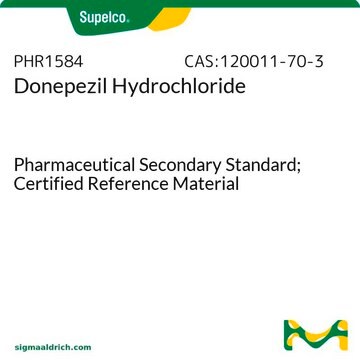

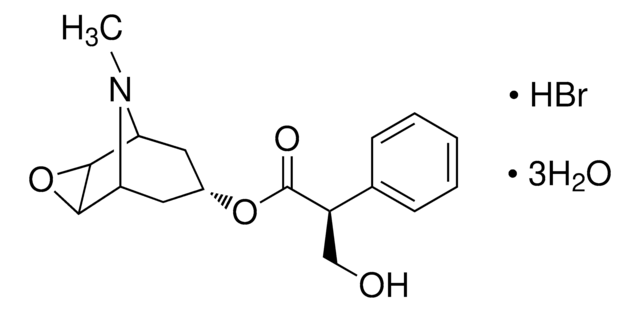
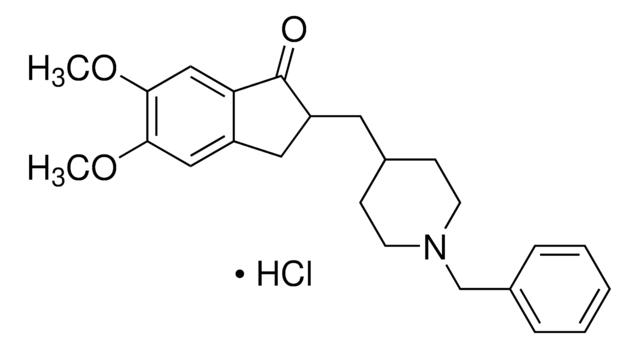
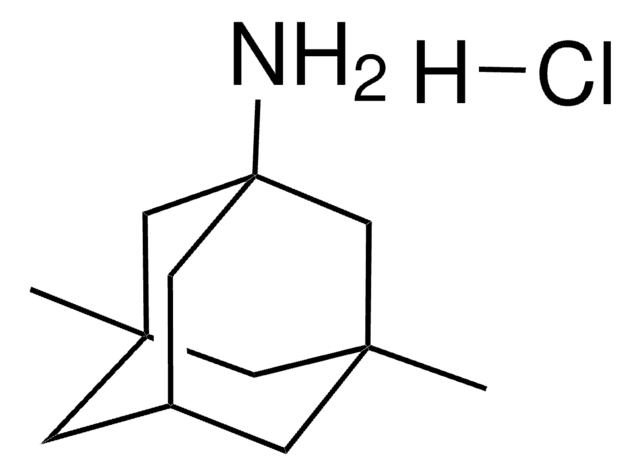

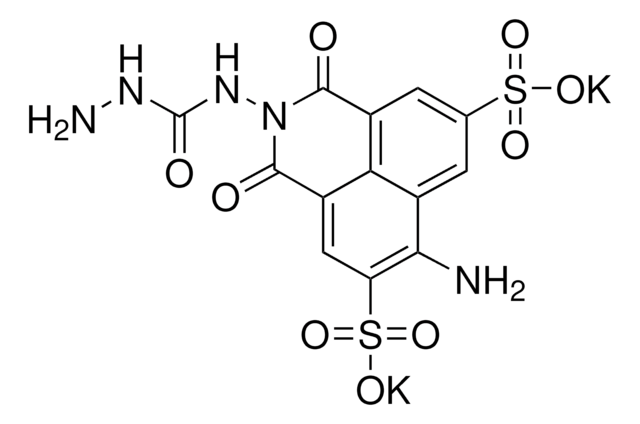

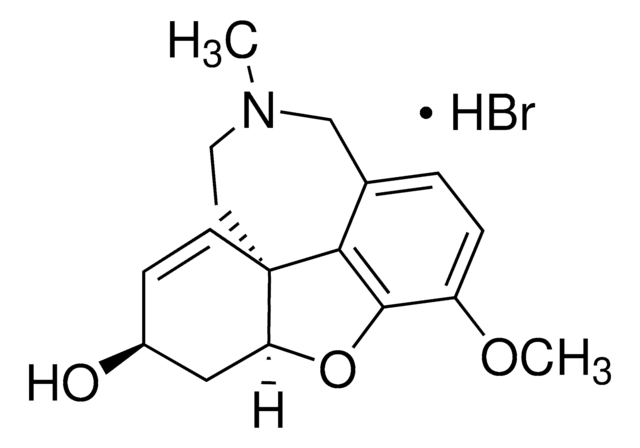
![(E)-2-[(1-Benzylpiperidin-4-yl)methylene]-5,6-dimethoxyindan-1-one(Donepezil Related Compound A) Pharmaceutical Secondary Standard; Certified Reference Material](/deepweb/assets/sigmaaldrich/product/images/201/641/49c7b91b-630d-4c54-9fe2-8ac8e483c7cd/640/49c7b91b-630d-4c54-9fe2-8ac8e483c7cd.jpg)
